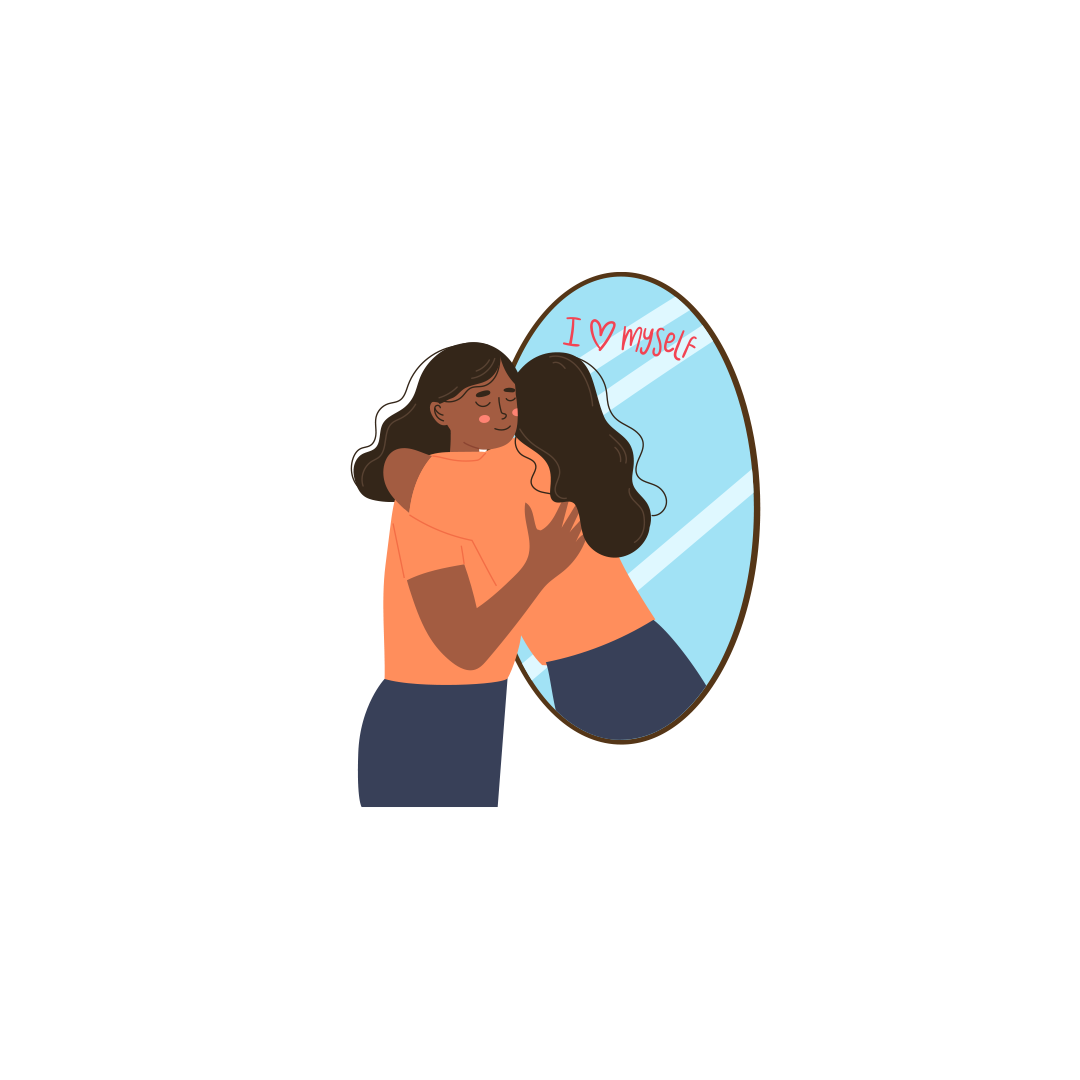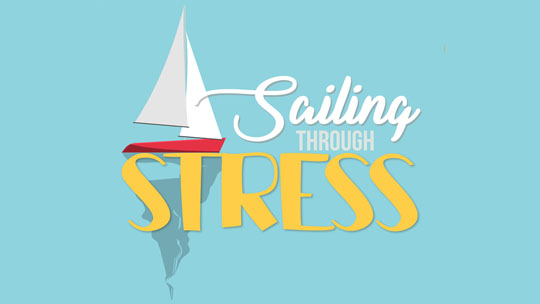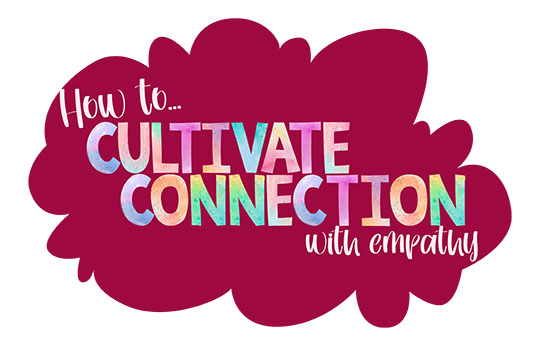When anyone from my family sees my elder one for the first time, their instant reaction is: “Oh my God! She looks just like you!” Even her pediatrician declared, “she looks just like her mom,” when my daughter was three days old! Now, as I see her growing into an already independent human (at the age of 7 years), I cannot help but notice many of my traits in her, be it her smile, voice, food choices, or temperament.
What shocks (and honestly worries) me more is as I see her as a mini version of me, I also see a reflection of my mom in myself.

Identifying old patterns
No matter how much I hated to hear the “words of wisdom” from my mom growing up like “Don’t sit like that!” or “Don’t chew so loudly,” I unknowingly hear myself repeating these to my daughters. No matter how much I told myself that some of the old parenting methods don’t work and some do more harm than good, I noticed I was returning to the same patterns when I was stressed, angry, or frustrated.
And I know I am not the only one who feels this way - in fact, this phenomenon happens with every parent. At some point in our parenthood journey, a glimpse, at times more, of our upbringing is bound to come up.
More often than not, we see ourselves repeating the same rules or warnings which we received from our parents when we were little, even if we swore to never repeat them.
“Go to bed right now!”
“I said, no more chocolate!!”
"Because I said so."
“Why don’t you guys listen until I start yelling?”
“You’re making mama mad right now.
"Don't you dare talk back to me!"
.... and the list never ends.
(if you wish to add your examples of mom dialog, you’re welcome to drop them in the comments.)

Why do we keep returning to old, outdated parenting patterns?
All behavioral patterns are a result of some underlying feeling or emotion. Instead of beating yourself up for saying something rude and mean to your kidz when you were angry, take a step back and see which emotion is behind this expression - is it coming from anger, fear, or worry? Or is it coming from a place of love, trust, curiosity and non-judgment?
Most of the time, our fears or worries drive us back to old methods that we saw our parents using on us. And there can be any reason for those emotions - fear of kidz getting hurt, fear of losing them, worry about their safety, worry they may experience failure, heartbreak, or even fear of you becoming less important in their life. Imagine if, instead of fear, anxiety, or stress, it was happiness, freedom, and compassion driving your responses to your kidz.

Parenthood is about choosing which feeling to allow in the driver’s seat as we go on the journey with our kids. If you think you are also sailing in the same boat, I invite you to rethink and reassess your approach towards your kidz, as we dig deeper into redefining parenting paradigms. We will talk more about identifying irrelevant old patterns and replacing them with healthy methods and styles that benefit both parent and child in the coming months.
How to decode and break the patterns
- Acknowledge the pattern: Accept that, knowingly or unknowingly, you are bound to come back to old parenting paradigms. Noticing without judging is the first step towards breaking the habit.
- Listen to your kidz’ feelings: Encourage your child to talk about their thoughts and emotions, and seek to understand their point of view. Creating a safe space for kidz to express their feelings in your home is the best way to improve their emotional intelligence and wellbeing.
- Accept when you’re wrong: Instead of trying to be a perfect parent who is never wrong, be the human your kid needs. Be humble, accept your mistake, apologize and move on.
- Be honest with them about your feelings: It is healthy for parents to show their feelings in front of kidz, instead of hiding, dismissing, and trying to "be tough". It shows the child it is normal to feel and express their feelings with trusted adults.
- Be humble when your child corrects you: Listening to their perspective, and seeking to repair, is so important. It will encourage them to speak up next time they make a mistake. It also lets them know that everyone is equal in the family, irrespective of age.
- Choose your personal and family values. The things that matter most to you are worth taking a deep dive into. If you would like to explore your personal values, here are some journal prompts Susanna created just for you. If you would like to guide your family to explore the values you hold dear, check out this fun activity.
- Reach out to an expert: Get in touch with our coach and EQ expert Susanna to learn more about how to equip yourself better in dealing with difficult emotions.

Conclusion
It is hard to be a conscious parent, but every little effort helps to break harmful generational cycles. It is essential to remember that the end goal of every parent is not to bring up a child that obeys everything you say or who is perfect in every way possible. The goal is to have a happy and healthy child, a family that grows together through mutual love, compassion, and understanding.
About the Author


